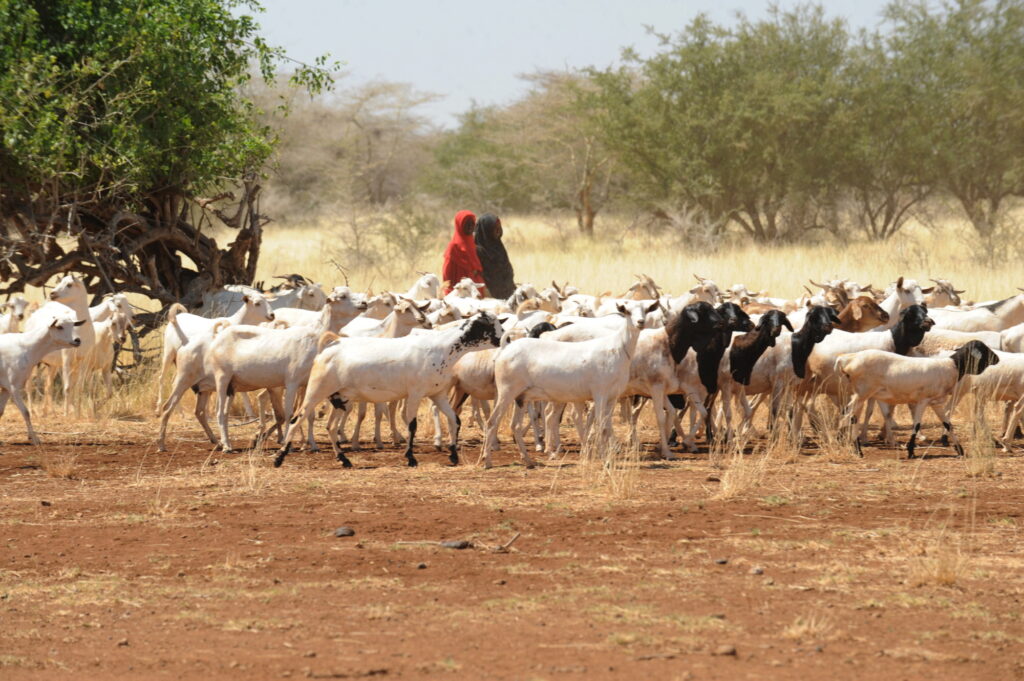Qatar ban on Somali meat imports was announced recently by Qatar Ministry of Health.
This ban is applied on all types of meat and meat products originating from Somalia, citing health and safety concerns.
The decision has raised serious concerns among economic analysts and humanitarian organizations, particularly due to the potential impact on Somalia’s fragile economy and food security situation.
Details of Qatar Ban on Somali Meat Imports
The Qatari health ministry made the announcement this week as part of efforts to tighten food safety regulations and protect public health.
While no specific disease outbreak was cited publicly in Somalia, the move aligns with broader risk management practices applied to food imports.

Why is Qatar Ban Affecting Somalia?
Qatar ban on Somali meat imports couldn’t come at a worse time.
Somalia’s livestock sector is one of the country’s primary sources of income, employment, and exports. The Gulf region.
Especially countries like Saudi Arabia, UAE, and Qatar—has traditionally been one of its biggest markets for live animals and meat products.
According to Somalia’s Ministry of Livestock and Forestry, the livestock sector accounts for more than 40% of GDP and over 80% of export earnings.
Qatar ban on Somali meat imports even temporarily, threatens:
- Income loss for pastoralist families who rely on livestock sales.
- Export revenue reduction, potentially weakening Somalia’s already unstable economy.
- Increased food insecurity, as the ban may lead to market oversupply inside Somalia, lowering local prices and reducing incentives for production.

Expert Analysis: A Blow to Livelihoods and Stability
This decision, though framed as a health precaution, has wider socio-economic implications for Somalia:
“When a major importer like Qatar halts meat trade, thousands of Somali families feel it directly,” says Dr. Abdirahman Osman, an agricultural economist based in Mogadishu.
“It’s not just about revenue loss; it undermines pastoralist stability, increases poverty, and puts pressure on humanitarian programs.”
With over 6.6 million Somalis in need of humanitarian assistance and climate shocks like drought and floods worsening food insecurity, this trade ban could further strain the country’s resilience.

A Wake-Up Call for Somalia’s Livestock Industry
Qatar ban on Somali meat imports is a critical warning sign.
For Somalia, the path forward must involve not just recovery, but transformation—upgrading systems, increasing resilience, and reducing dependency on any single export market.
Qatar ban serves as a catalyst for reform—one that ensures Somalia’s livestock sector is ready for the demands of modern international trade.








